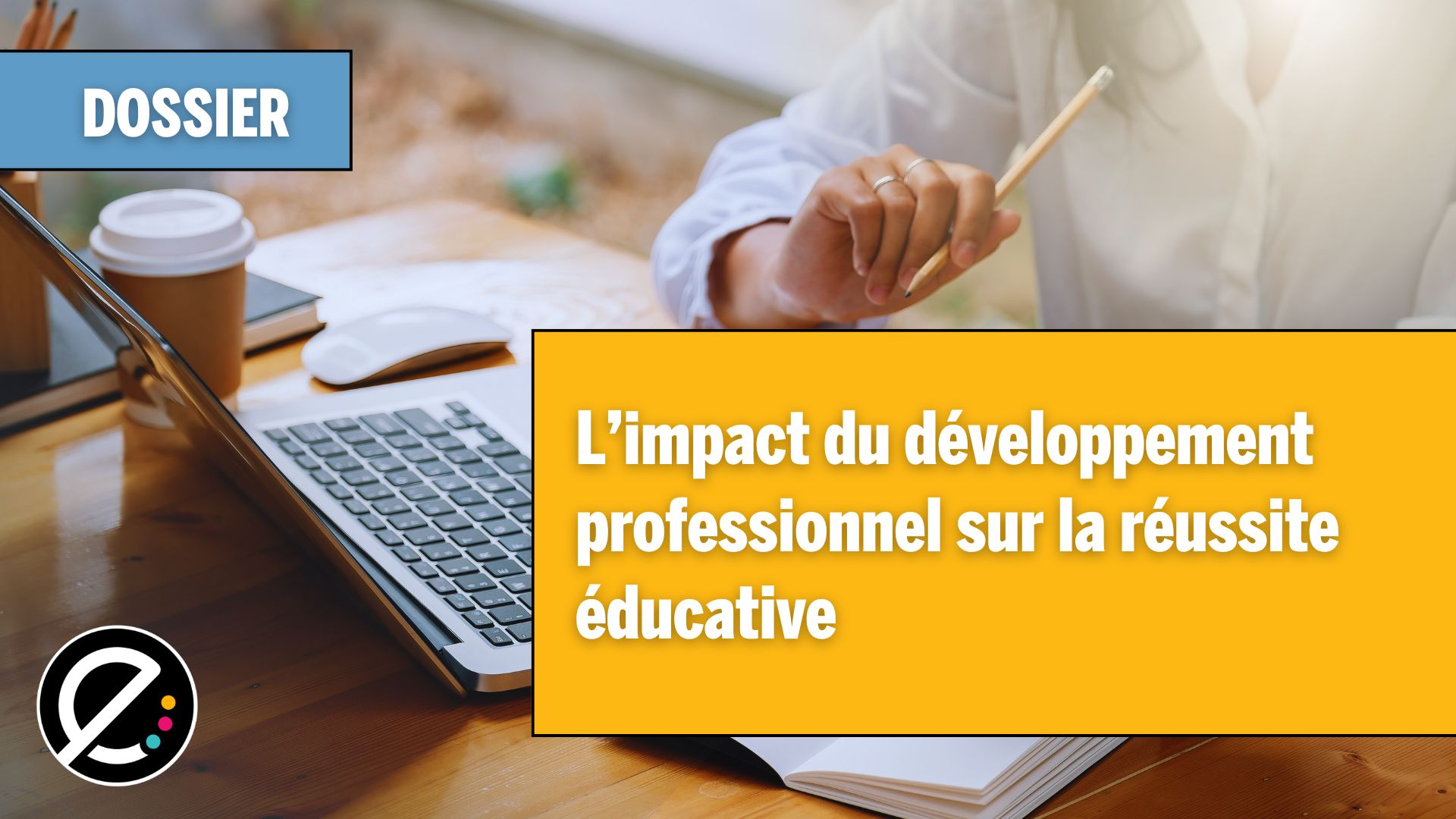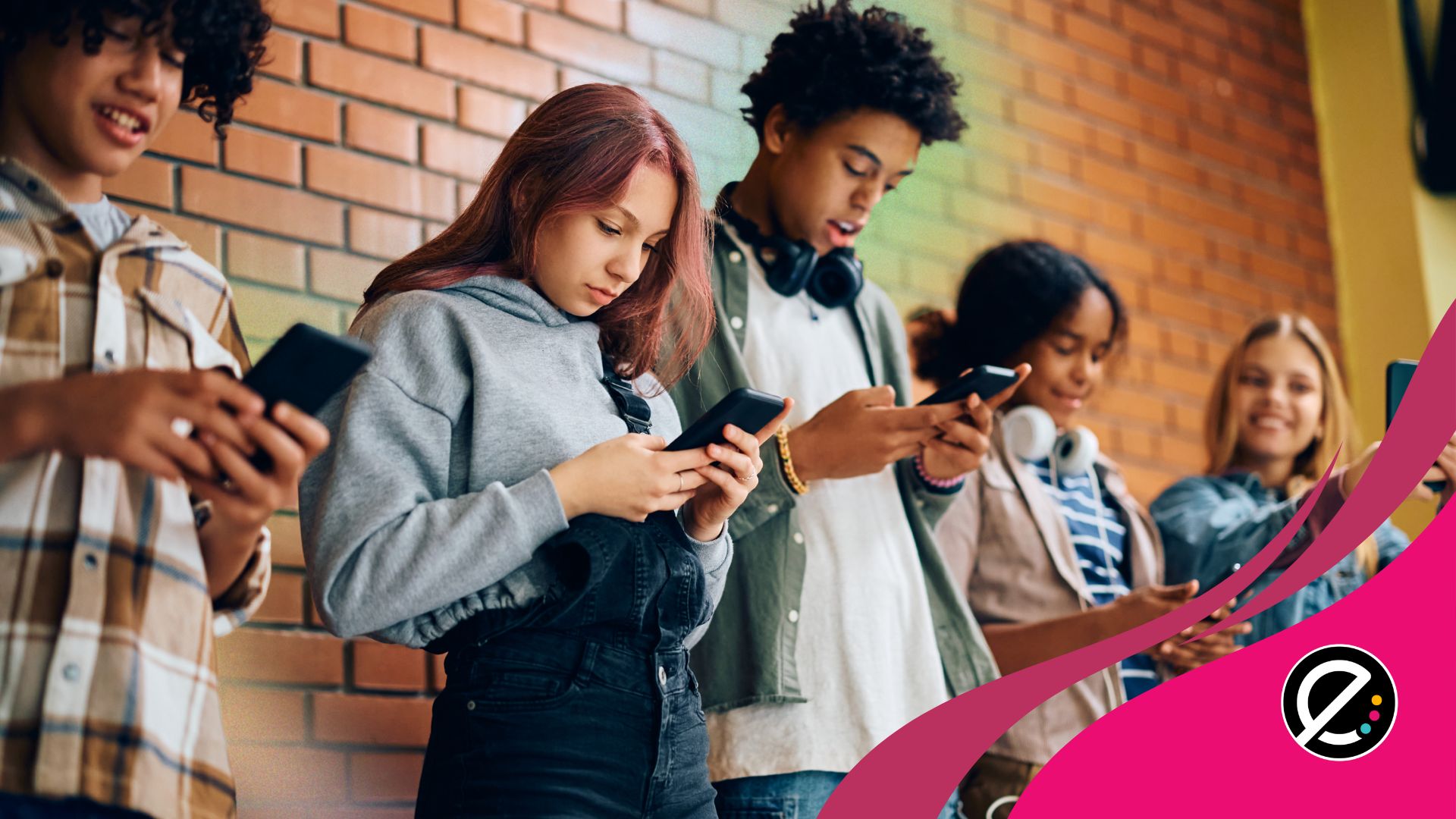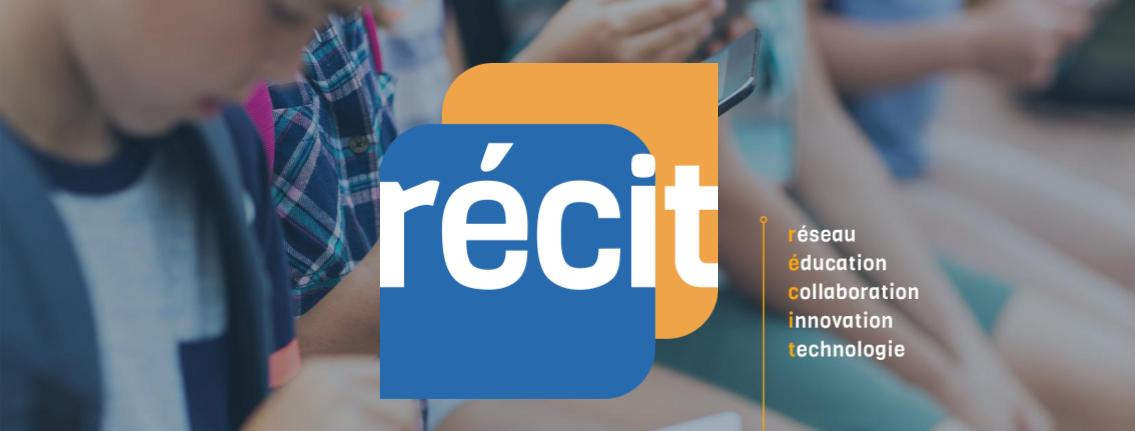L’une des premières questions que je pose aux enseignants lorsque je donne un atelier de formation sur SCOOP! est : « POURQUOI devrait-on se servir de l’actualité en classe? ». Plusieurs réponses émergent et dictent alors la tangente que prendra la séance :
- accroître la motivation des élèves par des contenus variés;
- fournir des occasions signifiantes d’apprentissage;
- conscientiser les apprenants à ce qui se passe dans le monde;
- permettre aux élèves de se façonner une opinion sur diverses réalités;
- favoriser une culture générale riche;
- s’attarder à un lexique spécialisé;
- Etc.
Nous prenons ensuite le temps de construire un énoncé qui met de l’avant notre vision commune et qui guide notre intention pédagogique. Ça ressemble à ceci :
« L’actualité propose des contextes engageants pour former les citoyens de demain à travers une démarche réflexive concrète, tout en mobilisant leurs ressources pour imaginer des solutions réelles aux défis proposés. »
À partir de là, nous sommes en mesure de passer à la prochaine étape : COMMENT utiliser l’actualité en classe pour atteindre nos intentions pédagogiques? Les guides d’activités pédagogiques SCOOP! rendent possible ce COMMENT. En effet, toutes les semaines, de nouvelles situations d’apprentissage signifiantes sont mises à disposition des enseignants du primaire et du secondaire pour leur permettre d’enseigner avec l’actualité, de développer la compétence numérique de leurs élèves et de faire de l’éducation aux médias.
Décortiquons ensemble la structure de SCOOP! et voyons comment tirer pleinement profit de cette ressource numérique.
Les guides d’activités
La mise en forme proposée dans chacun des SCOOP! est toujours la même. On peut donc s’y retrouver facilement et profiter pleinement du contenu proposé.
SCOOP! Express : Chaque guide débute par l’Express, un texte d’introduction destiné aux élèves, qui fournit un résumé vulgarisé du sujet d’actualité. On y trouve aussi plusieurs citations des principaux acteurs concernés qui mettent en contexte l’enjeu dont il est question.
SCOOP! Guide du prof : Ensuite, une grille donne des indications aux enseignants concernant les notions didactiques et pédagogiques à exploiter. Compétences visées, outils numériques suggérés, intention pédagogique ciblée, etc. Tout y est pour bien planifier la séquence d’apprentissage que vivront les élèves.
Suivent 2-3 activités qui décrivent, étape par étape, les rôles des apprenants et de l’enseignant dans l’élaboration des tâches à accomplir. Chaque action proposée trouvera sa finalité dans une ou plusieurs dimensions de la compétence numérique, en plus de stimuler le développement d’habileté visant à décoder l’information et les codes médiatiques.
À cela s’ajoute la section « Pour aller plus loin » qui fournit une activité d’enrichissement à proposer aux élèves qui voudraient approfondir davantage le sujet d’actualité ou qui désireraient explorer un autre outil numérique pour mener à terme une nouvelle tâche.
Finalement, la section « En savoir plus » conclut le guide en proposant plusieurs ressources Web qui documentent le sujet mis de l’avant dans le guide. Articles, vidéos, balados, infographies, tout y est pour qu’autant la personne enseignante que ses élèves y retrouvent un maximum d’informations fiables à utiliser dans une démarche d’éducation aux médias.
L’éducation aux médias
L’éducation aux médias est un processus qui permet aux apprenants d’acquérir une vision critique et de se forger une opinion sur ce qu’ils voient et entendent dans la sphère médiatique. Les élèves apprennent donc à décrypter l’information et l’image pour leur permettre d’être plus conscients du paysage de plus en plus complexe qui les entoure. SCOOP! facilite les questionnements et le dialogue autour des enjeux médiatiques. Les situations d’apprentissages contenues dans les guides placent les apprenants dans un contexte concret, créatif et réflexif mobilisant leurs ressources à imaginer des solutions réelles aux défis du 21e siècle.
La compétence numérique
Depuis avril 2019, le MEES rend disponible un cadre de référence de la compétence numérique. Celle-ci comprend 12 dimensions qui permettent le développement d’aptitudes relatives à une utilisation confiante, critique et créative du numérique et ainsi atteindre des objectifs liés à divers aspects de la vie de l’apprenant :
- agir en citoyen éthique à l’ère du numérique;
- développer et mobiliser ses habiletés technologiques;
- exploiter le potentiel du numérique pour l’apprentissage;
- développer et mobiliser sa culture informationnelle;
- collaborer à l’aide du numérique;
- communiquer à l’aide du numérique;
- produire du contenu avec le numérique;
- mettre à profit le numérique en tant que vecteur d’inclusion et pour répondre à des besoins diversifiés;
- adopter une perspective de développement personnel et professionnel avec le numérique dans une posture d’autonomisation;
- résoudre une variété de problèmes avec le numérique;
- développer sa pensée critique à l’égard du numérique;
- innover et faire preuve de créativité avec le numérique.
Les guides d’activités pédagogiques SCOOP! visent une ou plusieurs de ces dimensions à travers l’atteinte des intentions pédagogiques. Les apprenants, dans des situations d’apprentissage concrètes et signifiantes, pourront, par exemple, produire une vidéo interactive, communiquer à l’aide d’un balado ou collaborer sur un mur virtuel.
Les cahiers de l’élève
Certaines éditions spéciales de SCOOP! comprennent un cahier à l’usage de l’élève. Ces documents d’accompagnement favorisent l’autonomisation et permettent à l’apprenant d’avoir accès à l’ensemble des ressources pour mener à terme les activités proposées. Ces cahiers, faciles à partager (format PDF) ou à imprimer, peuvent être utilisés seuls ou en complément des guides de l’enseignant.
De 9 à 16 ans
Les guides SCOOP! sont destinés aux niveaux allant de la 3e année du primaire jusqu’à la 5e secondaire. Chaque semaine, de nouveaux guides sont rendus disponibles et les archives en comprennent plus de 600 à réutiliser.
60
Ce sont 60 nouveaux guides authentiques qui sont créés entre septembre et mai. Ils couvrent l’ensemble de l’actualité nationale et internationale avec des sujets motivant les jeunes dans le développement de leurs compétences disciplinaires et numériques, en plus de favoriser l’éducation aux médias.
+ de 600
C’est le nombre de guides pédagogiques sur la plateforme, triés par champ d’enseignement et par discipline scolaire. Ces guides sont également accessibles en effectuant une recherche par mots-clés, en y inscrivant par exemple une thématique (climat, politique, espace, sport, etc.) ou une forme de production attendue (quiz, balado, croquis-note, vidéo, etc.).
15082
L’abonnement aux guides pédagogiques SCOOP! est admissible au Québec à la mesure budgétaire 15082 pour l’abonnement à des ressources éducatives numériques.
3 guides à essayer
Recevez notre sélection de 3 guides pédagogiques gratuits en vous inscrivant sur notre page. Bonne découverte et au plaisir de vous compter parmi nos abonnés!
Rendez-vous sur le www.ecolebranchee.com/guides-pedagogiques pour visiter la plateforme SCOOP! et avoir accès au résumé des guides.






